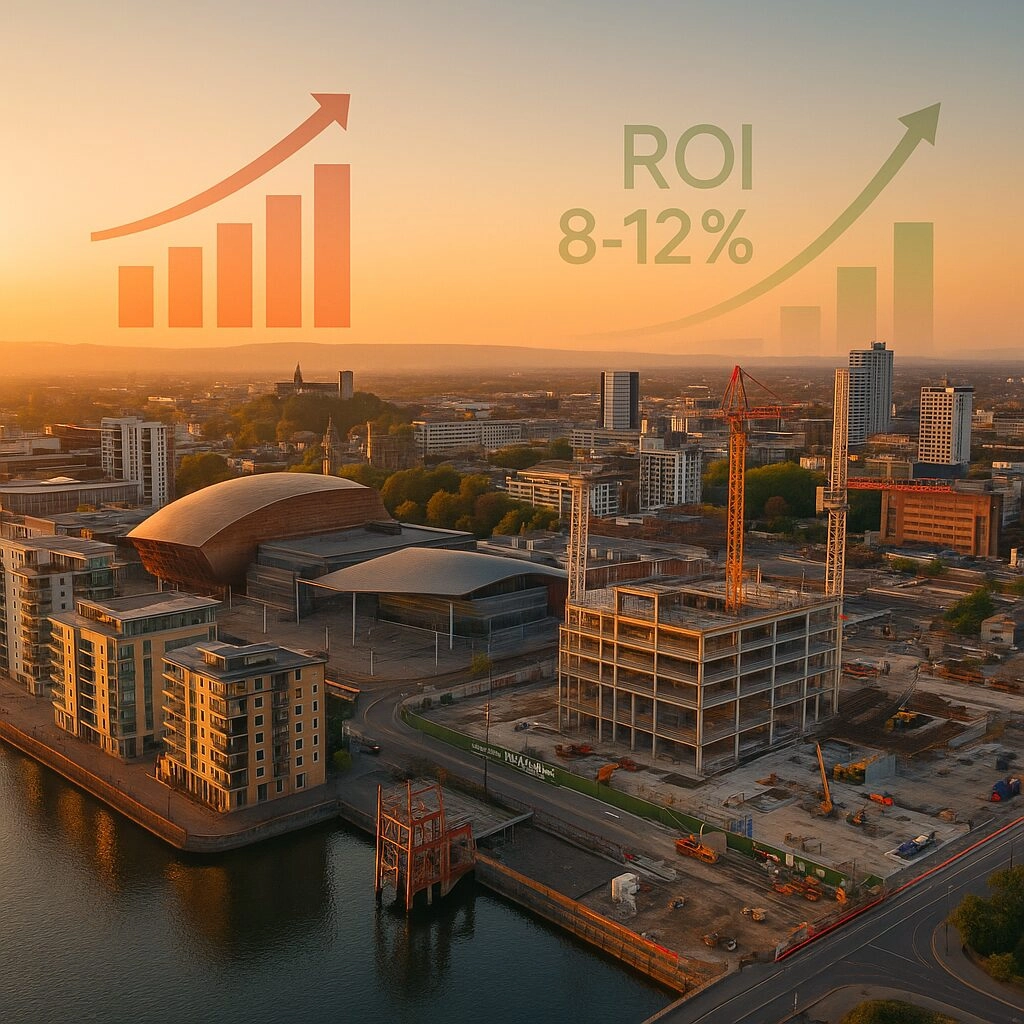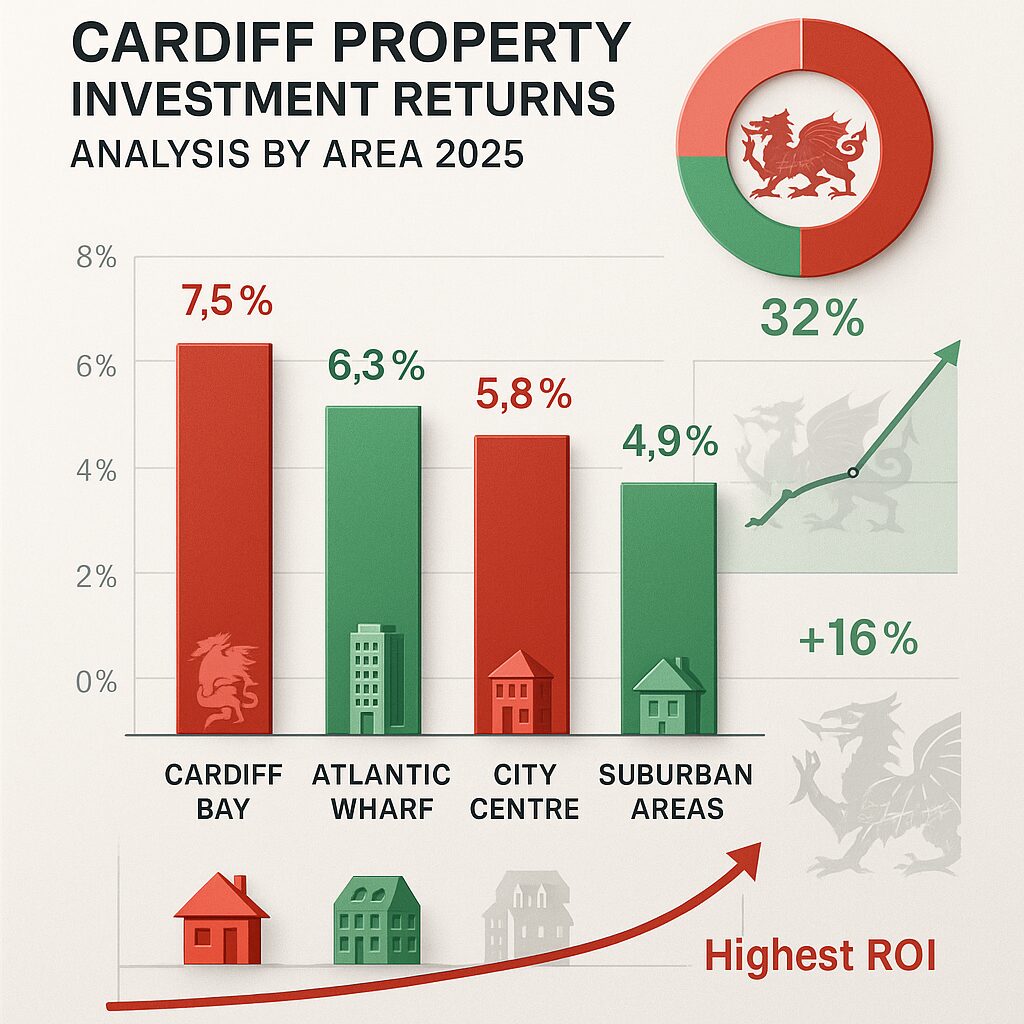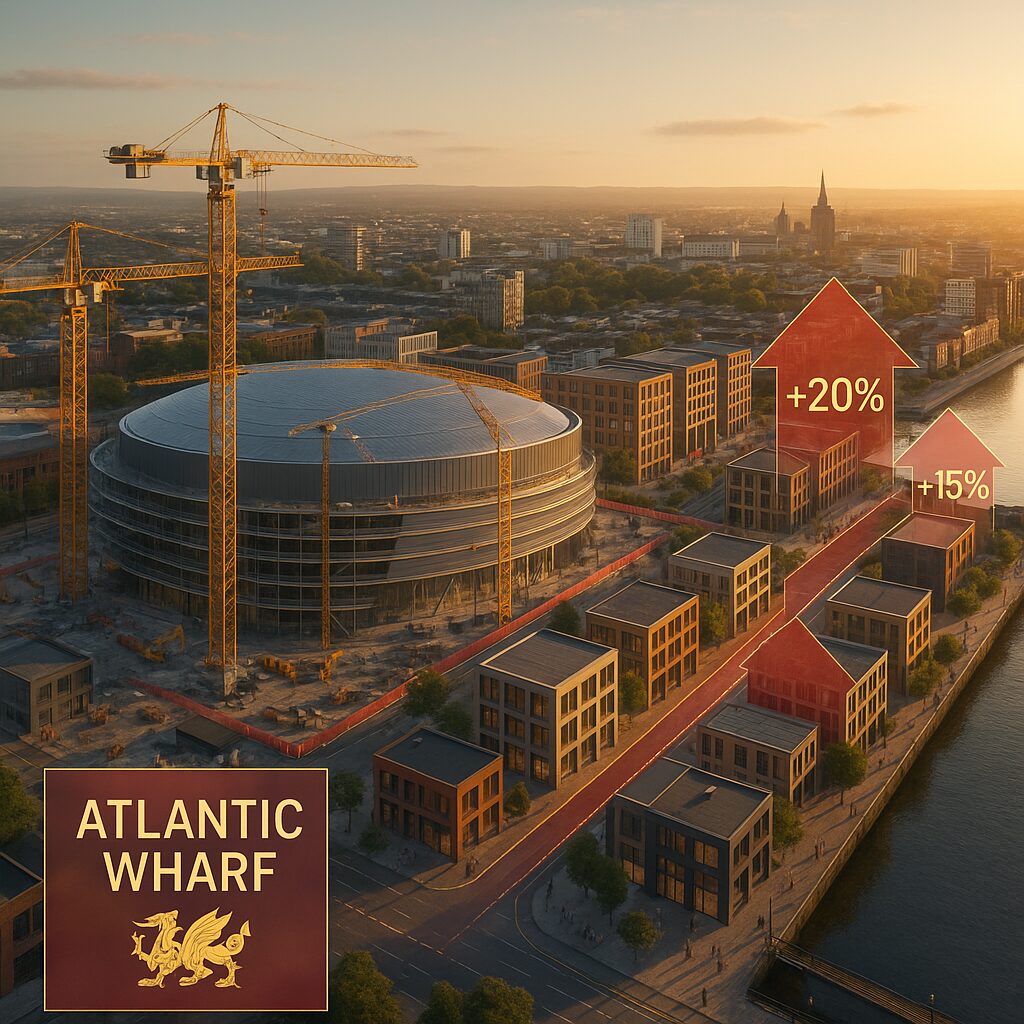Cardiff Investment FAQ
Thinking of investing in Cardiff? Wales has its own property regulations and tax system. All landlords must register with Rent Smart Wales, and the Land Transaction Tax (LTT) applies to all property purchases—use the official LTT calculator to estimate your tax. The Renting Homes (Wales) Act 2016 sets out unique tenancy rules, safety standards, and extended notice periods for landlords and investors. For HMOs, Cardiff Council requires licensing for properties with three or more tenants, with additional rules in key areas like Cathays and Roath. Always check the latest local and Welsh Government guidance before you buy.
HMO Compliance Checklist
If you’re considering a House in Multiple Occupation (HMO), compliance is essential. You’ll need a valid HMO licence from Cardiff Council, annual gas safety checks, five-yearly electrical reports, interlinked smoke alarms, and fire doors throughout. Minimum room sizes, adequate kitchen and bathroom facilities, and clear fire escape routes are mandatory. Additional licensing may apply in certain wards, and non-compliance can result in heavy fines. For a full checklist and the latest requirements, see Cardiff Council’s HMO licensing resources or contact our team for tailored advice.
Quick Contact for Cardiff Property Investment
Have questions about Welsh property law, LTT, or HMO compliance? Use our quick contact form below for immediate support from local experts. We’re here to help you navigate Cardiff’s property market, connect you with trusted legal and compliance professionals, and ensure your investment is both profitable and fully compliant. Get in touch today for a personalised consultation.



